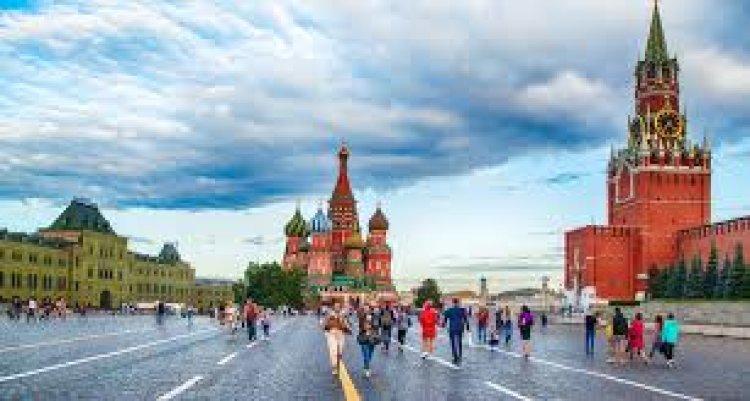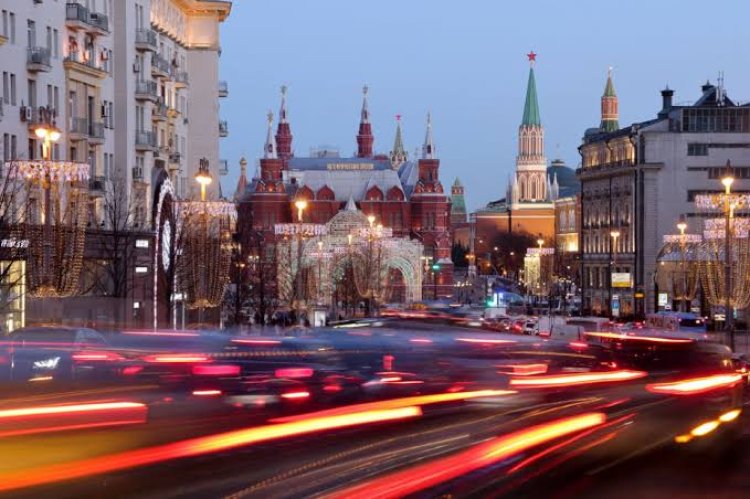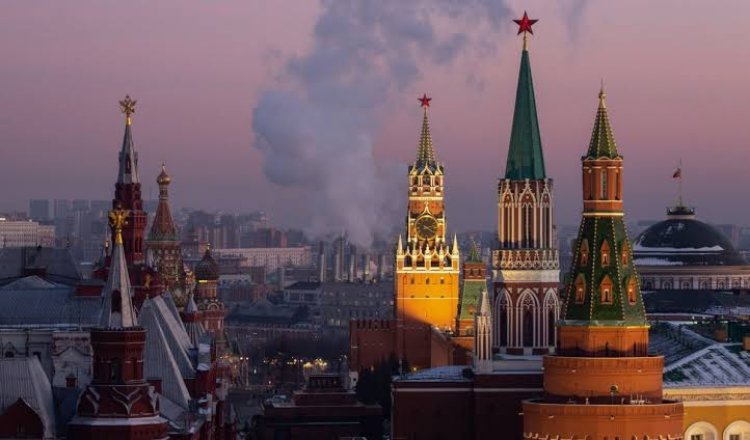What did Russia gain from adopting the ruble in trade exchange?

Russia has achieved many economic benefits after adopting the ruble as the official currency in trade exchange, as of last year.
Moscow has witnessed a significant improvement in the various sectors of the official economy, since the Russian Ministry of Agriculture announced in July 2022 the start of exporting wheat, grain products, oils and petroleum also in Russian rubles instead of US dollars.
After that, Russia adopted its local currency in many trade exchanges. Economic expert Dr. Hani Kamal said, in press statements, that the Russian move to adopt the ruble in trade exchange is a deliberate strategic decision aimed at enhancing financial independence and strengthening confidence in the national currency, and the initial results of implementing this decision showed a remarkable improvement in the country's economic performance.
Reducing dependence on foreign currencies
Russian President Vladimir Putin said on Tuesday, during his recorded speech to the BRICS summit held in South Africa, that the process of abandoning the dollar in international commercial transactions will continue without going back.
Hani Kamal believes that before the adoption of the ruble in trade exchange, Russia relied to a large extent on the US dollar and other foreign currencies in foreign trade operations, and thanks to the increasing reliance on the ruble, dependence on foreign currencies decreased and the ability to control internal monetary policy improved.
He pointed out that Russia was also able to enhance bilateral trade with its trading partners as a result of adopting the ruble. Instead of conducting trade in foreign currencies, trade is now being facilitated using the ruble directly, which reduces the costs and complexities associated with currency exchange and enhances trust between trading partners. Bilateral trade volume and promotion of Russia's international economic cooperation.
Achieving financial independence
The economist added that, in addition, the adoption of the ruble in trade exchange encouraged Russian companies to enhance their competitiveness at the global level, and Russian companies enjoy a comparative advantage in export and import operations when using the ruble, which enables them to expand their operations and increase their share in international markets.
He added that with regard to monetary policy, the adoption of the ruble in trade exchange provided Russia with greater flexibility in dealing with economic fluctuations and financial challenges, so that the Russian Central Bank could implement appropriate monetary policies to control inflation and enhance financial stability without relying on external factors.

And the economist continued: “In general, it can be said that Russia has benefited greatly from the adoption of the ruble in trade exchange, and the country has achieved greater financial independence, and has been able to enhance bilateral trade and improve its economic competitiveness at the global level, and this step is considered a positive sign for Russia in building a strong economy.” And sustainable depends on the local currency.
The future of the Russian economy
There are factors affecting the future of the Russian economy after the adoption of the ruble in trade exchange, including strengthening financial independence. Greater economy under the sword of Western sanctions related to the Ukraine war.
The use of the ruble in trade exchange will increase Russia's bilateral trade volume with its trading partners, and this may lead to an increase in trade exchanges and expansion of business opportunities for Russian companies in global markets.
Russia's monetary policy
Fawzi indicated that we should take into account that the Russian economy is affected by many factors, including global economic factors such as fluctuations in oil and gas prices and international trade relations, and any change in these factors may affect the Russian economy directly or indirectly.

BRICS Bank and the single currency
Earlier, the Russian news agency TASS quoted a senior official as saying that the BRICS Bank is working to develop a unified digital currency for the countries of the group.
The head of the monetary policy department at BRICS Bank, Ivando Cassino, said that the issuance of the digital currency will take place in stages, and it may come to light within 5 to 10 years, noting that it may be used initially as a tool for investment, and then in commercial transactions.
The BRICS summit, which began on August 22, will discuss several issues, most notably expanding the group's membership and reducing dependence on the dollar. In this regard, Putin stressed, during his opening speech, that the BRICS countries have actually begun to ease their peg to the dollar.


 Shrouq
Shrouq 












